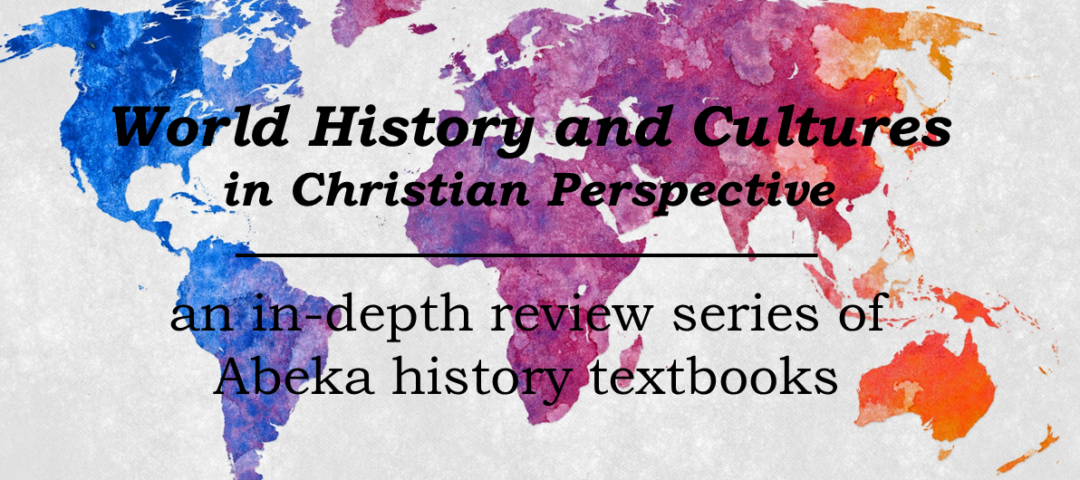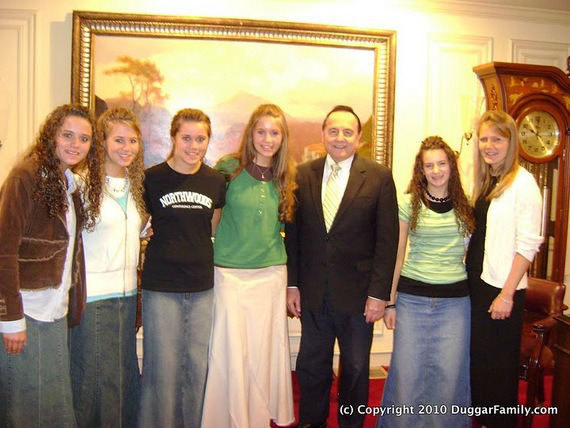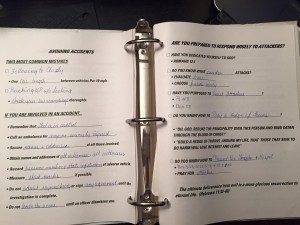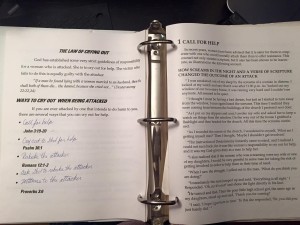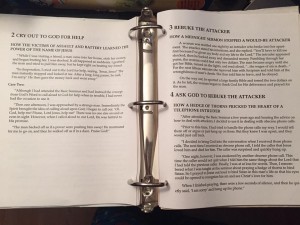Well, it’s happened. I’ve seen something wrong enough, often enough, to want to write a post about it. I don’t think I’ve written a “reaction post” or a “hot take” in perhaps years. At this point, when John Piper or Tim Keller or Wayne Grudem or Douglas Wilson or the Babylon Bee or the Transformed Wife or or or or says something asinine and ridiculous, I can just ignore it. Years ago, I couldn’t let their awfulness just be out there, uncorrected. The horror.
But, there’s a Facebook post floating around that has shown up in my news feed half a dozen times, from sources I respect, in communities I engage in or consider myself a part of. I understand why: for those of us engaging with it on a surface level and in good faith, with our typical set of assumptions (such as “children are people and we should meet their needs”), it seems innocuous enough, but it’s not. And it’s going to take more than a Facebook comment that I type out on my phone to respond adequately and thoroughly enough to satisfy me.
I want to note before I begin that basically every other homeschooling alumni who has seen this post in my circles has pointed out what are — to us — glaring and obvious red flags. We have the lived experience to see through it for what it actually is.
The following has been shared by Parenting Forward, Raising Children Unfundamentalist, Untigering, and other progressive and child-oriented pages and groups. It was written by Sterna Suissa, a parenting coach who describes her framework as “parenting through emotional connection.”
Here’s the text of her original Instagram post:
It’s interesting how society has us worried about our young children needing friends. Parents feel pressure to place their kids in daycare or have constant playdates so that kids are always socializing with kids of the same age. By the time a child is a teen, the worry flips, parents worry that their teenagers only want to be with their friends.
Instead of being so worried about a lack of social interactions for our child, let’s be concerned with our child individualizing themselves and becoming their own best friend. This sets the foundation for healthy socializing.
So many of us don’t lack social skills & social interactions, what we lack is being our own best friend. Loving ourselves as is, knowing ourselves, being okay with being our own beautiful selves.
The Instagram images were accompanied by the following caption:
The first question I get when I share that I homeschool 3 of my kids is
“Well, how do they socialize?”
I then answer, “My hopes are that my children become their own best friend!”
That normally gets the person thinking. [thoughtful emoji]
I’m not too worried about their social life right now. By the time a child is a teenager they love to socialize & have so many opportunities to form friendships. The foundation for healthy socializing takes place when our child forms a relationship with us & with their own beautiful self.
How many of us lacked socializing growing up or did we lack being our own best friend? How many of us are pressured to have our young children form friendships? We feel guilty if our child isn’t socializing, believing that this is a horrible thing.
Just.
Heavy sigh.
I want to be respectful of Sterna, whose broader style and messaging seem to be things I, by and large, appear to agree with. Looking over her other Instagram posts, most seem fine and I wouldn’t quibble with her over small points of disagreement. There’s one other recent post that the framing of it makes me go hmmmm (this one, about children being “in charge of you”), but generally speaking I think she’s alright.
However, this particular post, even though she comments later that she’s trying to articulate a principle from attachment theory (children with strong, healthy attachments to caregivers have the security needed to actualize), in my opinion massively conflicts with her general principles because it is, at its most essential, far right fundamentalist homeschooling propaganda.
This is a problem I and my colleagues encounter often in our work at the Coalition for Responsible Home Education. There are a lot of well-meaning homeschooling parents out there who don’t even realize that the talking points they’re parroting come from an ideology they’d probably find abhorrent– an ideology firmly committed to Dominionism, establishing a theocracy in the US, and the utter disregard for children’s rights, welfare, appropriate development, or safety. The group pushing ideas like “socializing isn’t that important, don’t worry about it,” are fighting tooth and nail for a country where they can have complete and total control over children to do literally anything they want— including sex trafficking, child labor violations, and torture. I’m not kidding, and I’m not exaggerating– and most importantly, they’ve generally succeeded in accomplishing all of that.
Oh, but that’s a genetic fallacy, right? Just because the source of this idea is from that group doesn’t make it automatically bad. Broken clocks, etc. What’s so wrong with a child being their “own best friend”?
***
To analyze this post, I think it’s important to highlight how the images being shared are in response to a particular question: “Well, how do your homeschooled children socialize?” and Sterna’s response is “I’m not worried about it.” That, at its core, is why I have a problem with what she’s saying here. Regardless of how people have been interpreting her words in good faith, this post is not fundamentally about communicating the principles of attachment theory or advocating for well-actualized, emotionally healthy children (although I believe Sterna generally does advocate for those things). This post is a justification for dismissing concerns about a homeschooled child’s developing social needs.
Homeschooling parents usually crib from the same set of arguments:
- homeschooled children socialize with “people of all ages,” which is actually better than principally associating with similarly-aged peers, really.
- homeschooled children socialize in more organic, varied ways, which of course is better than what’s possible in a “formal schooling environment.”
- homeschooled children have access to co-ops and churches and kids in the neighborhood, they’re constantly doing activities out and about in their town, it’s just laughable that anyone could be concerned that they might not be getting enough social interaction, tra la la.
so it’s actually somewhat disturbing to me how Sterna’s come up with a new one– one drawn from supposedly more progressive frameworks like attachment theory. You can neglect your child’s social needs as long as, y’know, they’re well-actualized! Don’t worry about it! They can be their own best friend! From the response in the comment section everywhere I’ve seen it, boy howdy are homeschooling parents gloaming onto this one, partially because of its novelty and partially because of how it, on the surface, sounds like it aligns with their more progressive child development principles.
Sterna has done here what parental rights extremists have been doing for decades: she’s conflated “socialization” with “having a social life.” When someone asks “how will a homeschooled child socialize?” they’re not really asking “but how will they make friends?” or “but how do you see other people if you’re at home most of the time?” What most people are trying to ask, I believe, is “how does a homeschooled child learn all the spoken and unspoken rules/practices/expectations of their culture? Seems like that could be somewhat difficult to do in a homeschool setting.” And guess what: they’re right to have the impulse to ask that question, because it is hard, and homeschooling parents do have to be deliberate about overcoming this obstacle.* It doesn’t mean we all have to adhere to all our cultural “rules,” but we should still know what they are. But Sterna does what nearly every single homeschooling parent I’ve ever seen does: she makes a question about culture and systems into a question about individual relationships. And she’s done so in a particularly disturbing way: friends? who needs friends, really, when a healthily attached, well-actualized child is their own best friend!
Another component I want to highlight is something many people seem to forget: she uses the bifurcation of “young child” and “teenager” a lot in her work, but the context of this post can be interpreted to mean “toddler and preschooler” when she says “young child” because of the references to “play dates” and “daycare.” For most children, even if a parent doesn’t use daycare or arrange play dates, they’ll eventually access a traditional school environment. This is not true for homeschooled children. Homeschooling parents can’t outsource getting their kids a social life to school, or school activities when they hit 5, 6 years old. For homeschooled children, if their parents don’t help them meet their social needs, those needs are never met.
There’s nothing wrong with children developing their own strong sense of self, of having strong, healthy attachments to caregivers, of being able to enjoy their own company and tolerate being alone or even brief stints of loneliness. Those are all goals I have for my own child. But there is a distinct difference between helping your child have a healthy internal life and rationalizing and justifying your desire to abandon their social needs and social development. It actually is a “horrible thing” for a child not to learn how to navigate their culture or make intimate connections with their peers. If you’re a homeschooling parent, specifically, you absolutely should “feel guilty” if your child doesn’t have friends, and isn’t learning to find themselves in their own culture. As their parent and sole educator, it is your responsibility to make sure they are safe, fed, healthy, and developing appropriately mentally, socially, physically, and emotionally.
Including by helping them find, make, and maintain friendships.
*I’ve written in more detail about homeschooling and socialization before.


